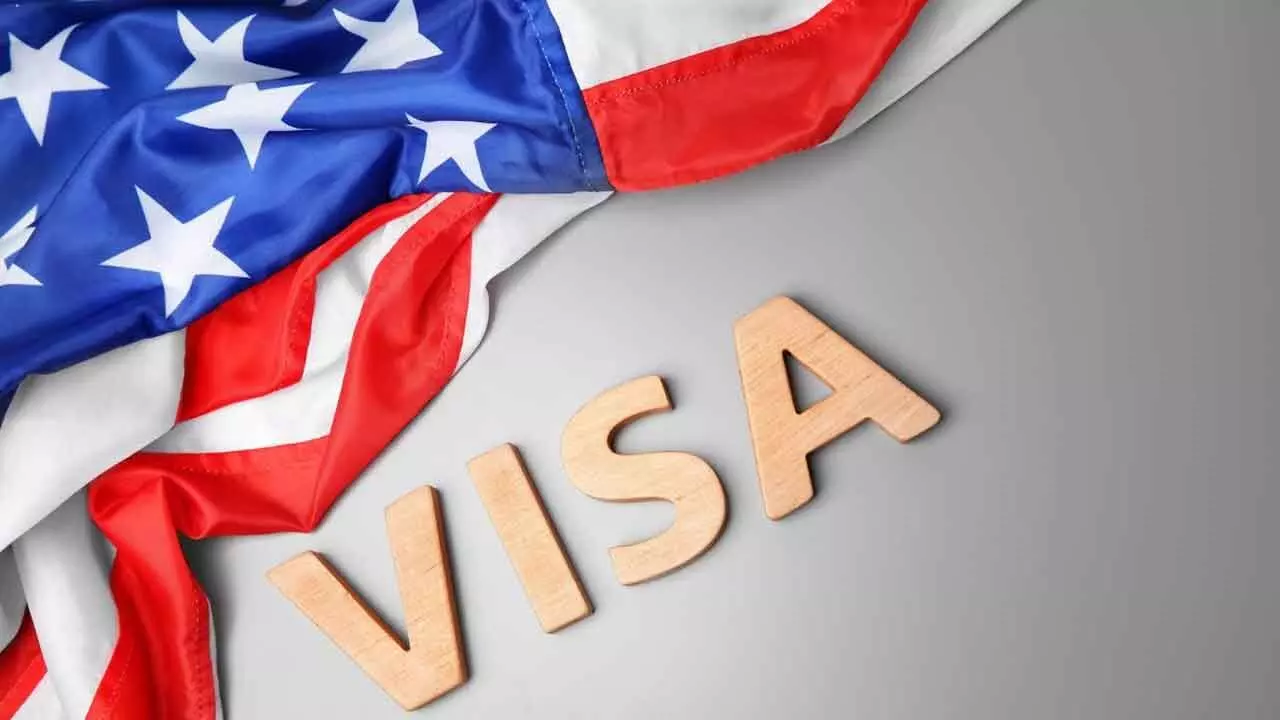US Blocks Shortcut for Visas: How Long Will Indians Wait Now?
State Department enforces stricter US visa rules. Indian B1/B2 applicants face months of delays. Who qualifies for waivers and exemptions?
image for illustrative purpose

The U.S. State Department has announced immediate changes to the non-immigrant visa process, requiring applicants to attend interviews only in their country of citizenship or residence. The move comes under President Donald Trump’s continued immigration enforcement strategy.
Under the revised procedure, individuals applying for business (B1) or tourist (B2) visas must now book appointments at U.S. embassies or consulates within their home country. This eliminates the option of securing faster interview slots abroad, a practice used widely during the COVID-19 period when delays were severe.
The change is expected to significantly impact Indian applicants. According to official wait-time estimates, interview appointments for B1/B2 visas are currently around three and a half months in Hyderabad and Mumbai, four and a half months in Delhi, five months in Kolkata, and as long as nine months in Chennai. For those requiring urgent travel, the new rule removes flexibility to schedule quicker interviews outside India.
The State Department clarified that exceptions apply in regions where the U.S. does not maintain regular non-immigrant visa operations. Some travelers may also qualify for interview waivers, such as those renewing a valid B1, B2, or B1/B2 visa within a 12-month window, provided the earlier visa was issued when the applicant was at least 18 years old.
The latest directive extends interview requirements to nearly all categories of applicants, including children below 14 and adults above 79. This reverses the relaxed rules that were in place during the pandemic.
The administration has coupled the rule with heightened vetting procedures. U.S. authorities have also moved to revoke visas for certain categories, including some student groups, aligning with broader immigration and border security measures.
The tightened visa framework is likely to increase processing delays in India, where demand for U.S. travel remains among the highest globally. Students, temporary workers, and tourists will need to plan applications well in advance as flexibility to apply abroad is no longer an option.
The State Department stated that the changes are intended to strengthen national security by ensuring comprehensive scrutiny of all visa applicants.

